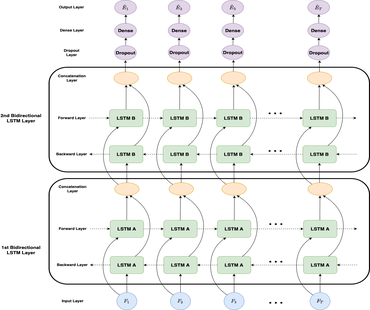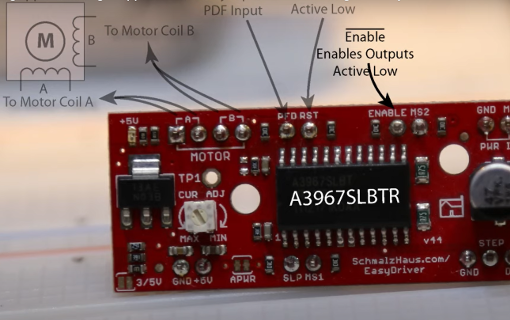
DroneDrain: A Comparative Study on Energy Consumption Models for Drones
-
START DATE
1 Sep, 2021
-
END DATE
31 Aug, 2022
DETAILS
Creating an appropriate energy consumption prediction model is becoming an important topic for drone-related research in the literature. However, a general consensus on the energy consumption model is yet to be reached at present. As a result, there are many variations that attempt to create models that range in complexity with a focus on different aspects. In this paper, we benchmark the five most popular energy consumption models for drones derived from their physical behaviours and point to the difficulties in matching with a realistic energy dataset collected from a delivery drone in flight under different testing conditions. Moreover, we proposed a novel data-driven energy model using the Long Short-Term Memory (LSTM) based deep learning architecture and the accuracy is compared based on the dataset. Our experimental results have shown that the LSTM based approach can easily outperform other mathematical models for the dataset under study. Finally, sensitivity analysis has been carried out in order to interpret the model.
Students(s): Carlos Muli
Publications
- Muli, Carlos, Sangyoung Park, and Mingming Liu. “A Comparative Study on Energy Consumption Models for Drones.” In 2022 Global Internet of Things Summit (GIOTS), pp. 1-12. IEEE, 2022.



